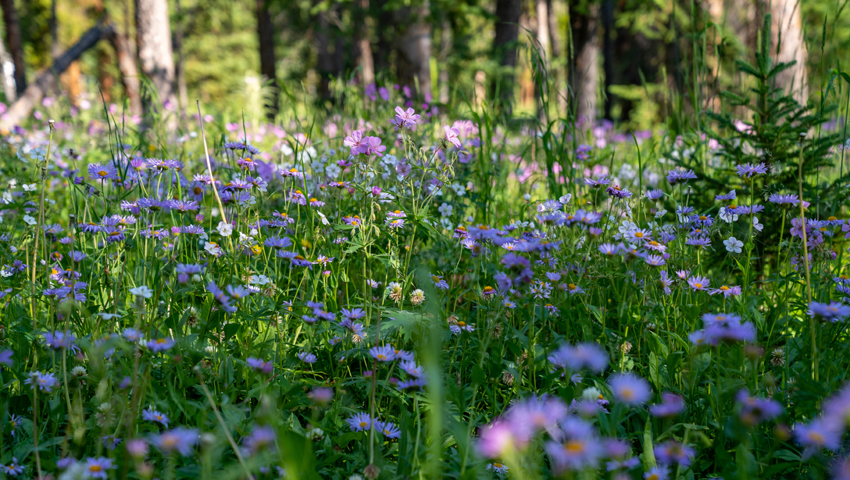TRINITY Natural Capital Pro Council believes that the coming century – what it calls the Natural Capital Century – heralds the start of a sea-change in agriculture, transforming the prospects for farmers, landowners, food supply chain and the wider economy.
The founding partners – including Trinity Natural Capital Group, Chaverys, Oxbury, Scottish Land & Estates, Fisher German and Knight Frank – say that “Gold once drove explorers and economies. Natural capital is today’s most vital commodity, and the currency of the future.”
By harnessing its shared strengths the Pro Council says it is focused on delivering transformative systematic initiatives beginning with delivering best practice guidance and tools. It wants to help advance informed decision-making, support trustworthy communication between stakeholders, facilitate methods in the valuation of alternative opportunities, and unblock the flow of the substantial amount of money that’s necessary to successfully transition agriculture towards net-zero.
Trinity Natural Capital Pro Council will bring together expertise spanning rural accountants, solicitors, consultants, financial services, national organisations advancing rural businesses and innovation, and land agents – working collaboratively to support credible natural capital valuation and best practices.
The natural capital valuation framework will be available to farms collating credible natural capital insights on carbon, biodiversity, water protection, soil erosion and woody biomass.
Speaking to 8.9 TV, Anna Woodley, managing director of business development at Trinity Agtech, said, “The Pro Council has come together through the collective vision of a set of leading organisations who have a shared desire to enable our whole agri-food supply chain – but really with the foundation of the farmer – to have a unified voice and a unified understanding of this whole natural capital space, and to enable them to understand how they can quantify what they have, using the most up to date science and standards, but also to recognise the value of their natural capital assets.”
The Pro Council says that “The Natural Capital Century will see natural capital and its custodians moving from the sidelines to take centre stage in our economy. This will deliver financial and environmental progress at the required pace and scale – an outcome that at present, remains beyond the grasp of agriculture. This is not only putting farmers and rural communities at risk, but also food supply chains, the environment, and the overarching economy.”
They say that the “need for trusted natural capital assessment, valuation and financing, has reached a critical juncture. These key areas demand collaboration and servant leadership, not least to overcome the paralysis and the box-ticking we are seeing in agriculture.”
They explain that landscape presents a wealth of opportunities, alongside significant risks associated with persisting on the current course, including:
- To secure economic and social prosperity – natural capital serves as the asset base for 53% of the global GDP, this is equivalent to $44tn
- To advance the flow of new money into agriculture – it is projected that we need a global investment of $15tn to transform the industry for the prosperity of agriculture, the economy and society at large
- To stabilise the earth’s systems – 7 out of 8 globally quantified safe planetary boundaries that sustain humanity have been compromised
- To help reduce, if not eliminate: “green washing,” misinformation, miscalculation, misrepresentation, partial analysis, pseudoscience, and the unforeseen negative consequences that partial and standard-poor calculations have on farming systems. This includes, misallocation of resources, deterioration of farms’ adaptive capacity to climate change, legal challenges and excessive risk and misapprehension across the industry and society that over the longer term, have a cascading effect, worsening inequalities, threatening food security, and contributing to the demise of rural communities.
Watch our interview with Anna Woodley from Trinity AgTech
